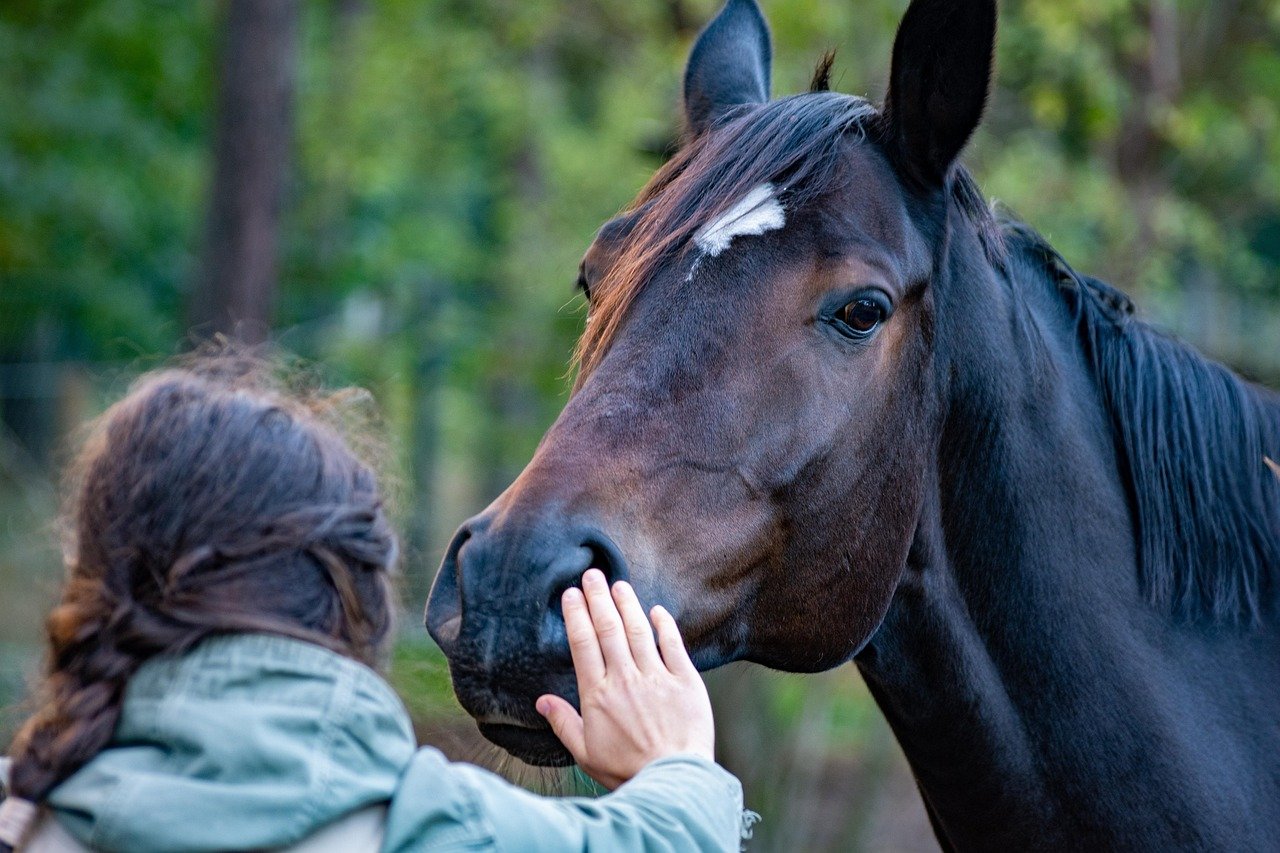Have you ever wondered why some horses seem effortlessly calm while others are perpetually on edge? Horses, like humans, have personalities and emotions that can be influenced by their environment, interactions, and care. A calm horse is not only a happier horse but also a safer companion, making it essential for every horse lover to understand how to create a peaceful environment for their equine friends. Let’s explore ten effective ways to ensure your horse remains calm and relaxed, fostering a harmonious relationship between you and your majestic companion.
Understanding Your Horse’s Natural Instincts
Horses are naturally sensitive animals, deeply attuned to their environment and the emotions of those around them. While this sensitivity can make them incredible partners, it also means they can easily become anxious or unsettled. Whether you’re preparing for a ride, handling daily care, or simply spending time together, creating a sense of safety and calm is essential for building trust and confidence.
Horses are prey animals, which means they have a natural instinct to be on high alert for potential threats. This instinct can make them seem jumpy or nervous, especially in unfamiliar situations. By understanding this, you can better empathize with your horse and provide reassurance. Observing their body language and reactions can offer insights into what might be causing them stress. Horses communicate through subtle cues, like the flick of an ear or the swish of a tail, so being attentive to these signs can help you address their concerns promptly.
Establishing a Consistent Routine
Just like people, horses thrive on routine. A consistent schedule for feeding, grooming, and exercise can create a sense of security. When horses know what to expect, they are less likely to become anxious. Imagine waking up every day with no idea of when you’ll eat or what activities you’ll do; it would be unsettling, right? By maintaining a routine, you help your horse anticipate their day, reducing uncertainty and promoting relaxation.
Creating a Comfortable Environment
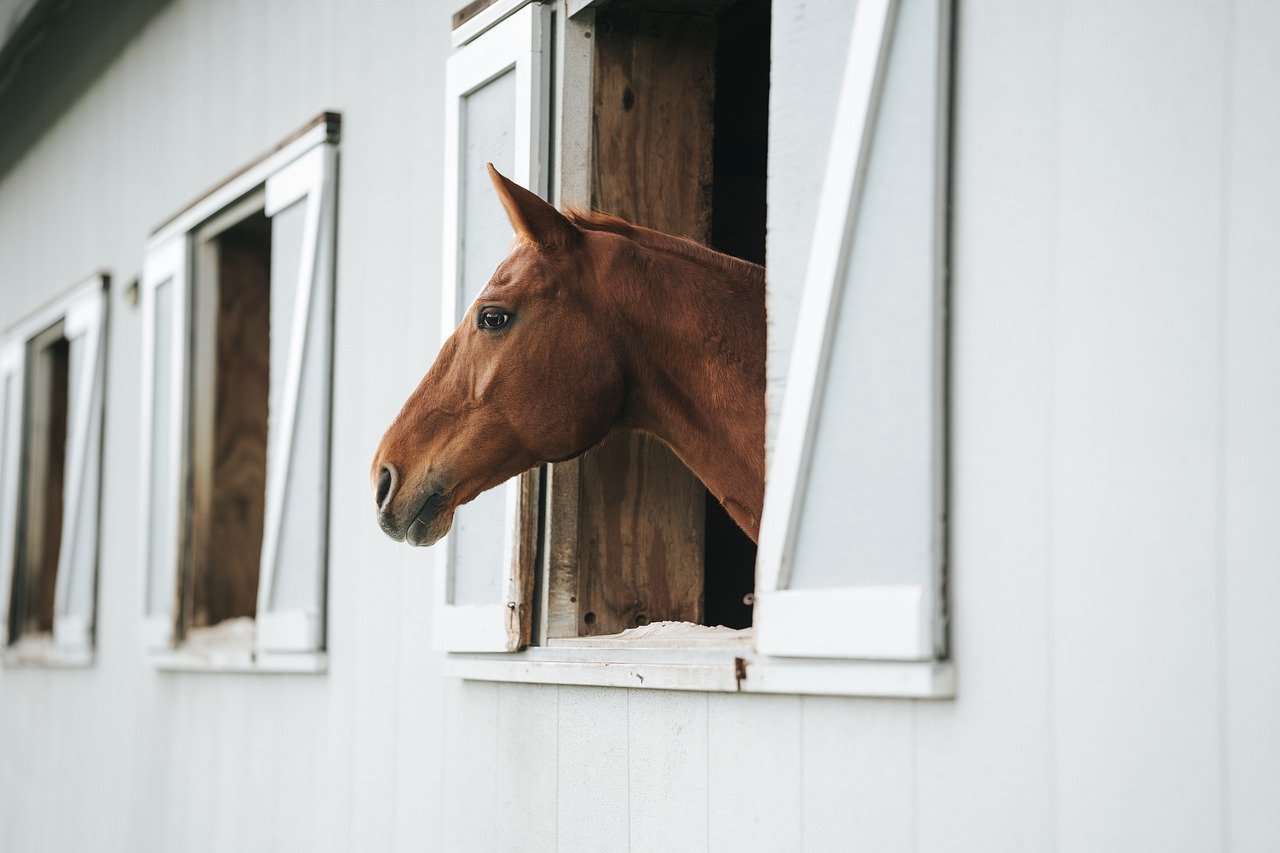
The environment where your horse lives plays a crucial role in their overall demeanor. Ensure their stall or pasture is safe, clean, and free from excessive noise or disturbances. Horses need space to move around and graze, so providing ample room is vital. Consider factors like temperature and shelter, as horses can become stressed if they are too hot, cold, or exposed to harsh weather conditions. A peaceful environment is the foundation of a calm horse.
Using Gentle Training Techniques
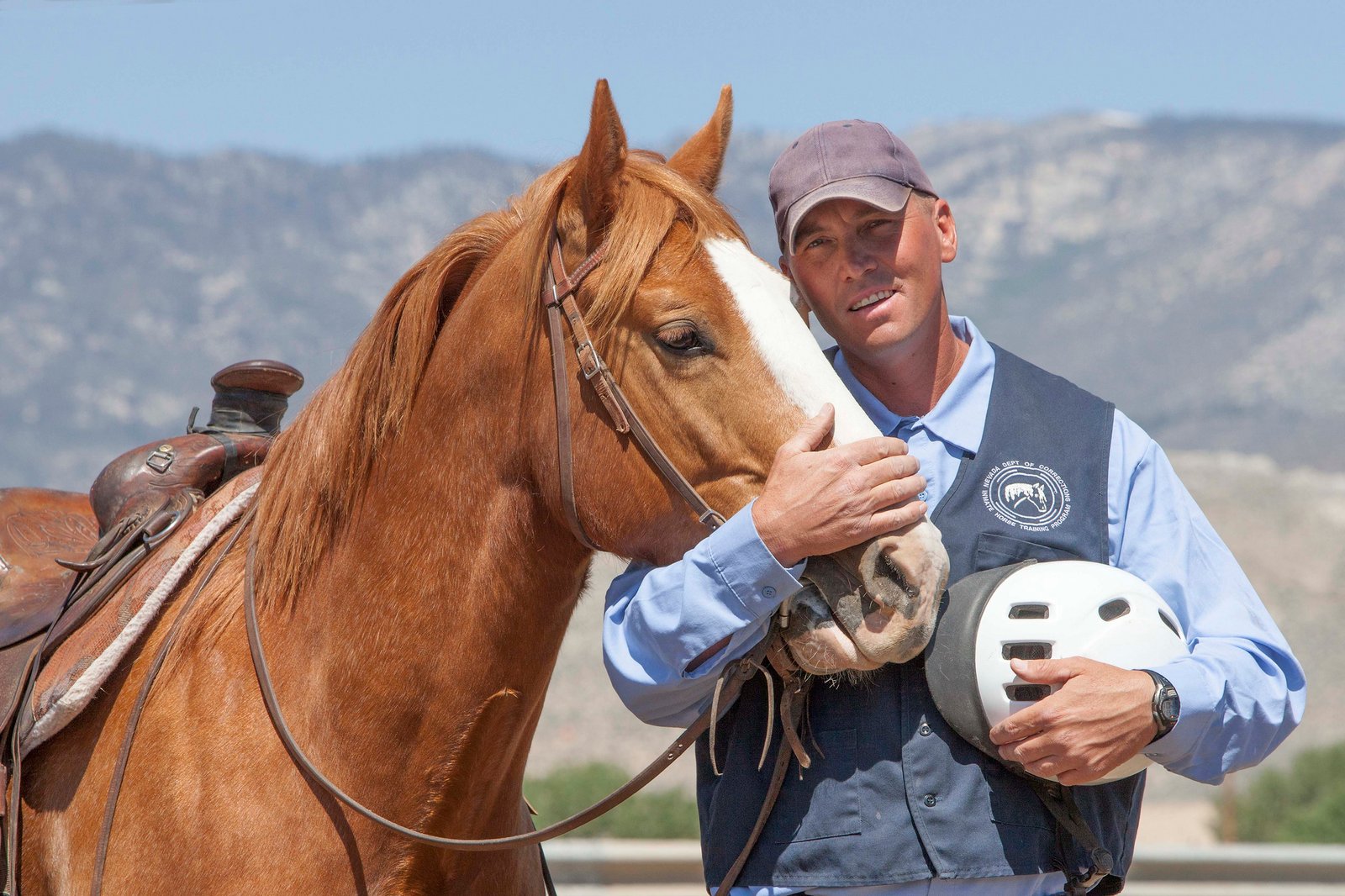
Training is essential for any horse, but the methods used can significantly impact their temperament. Gentle, positive reinforcement techniques encourage cooperation without instilling fear. Avoid harsh or abrupt methods, which can lead to anxiety and mistrust. Think of training as a partnership where communication is key. By rewarding desired behaviors and being patient, you build confidence and strengthen the bond with your horse.
Incorporating Regular Exercise
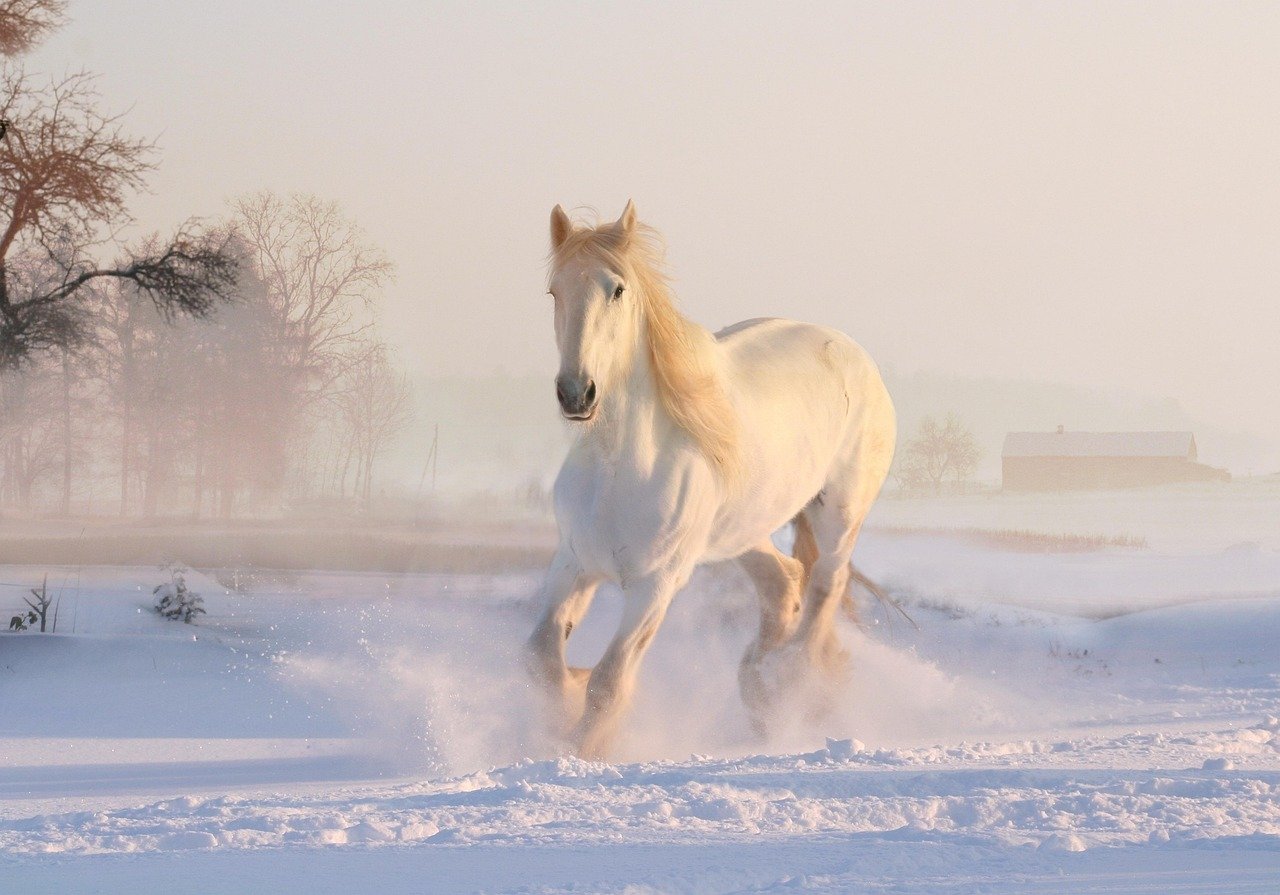
Horses are naturally active animals, and regular exercise is crucial for their mental and physical well-being. Exercise helps to release pent-up energy that might otherwise manifest as nervousness or restlessness. Whether it’s a leisurely trail ride or a structured workout session, providing opportunities for movement helps maintain a balanced temperament. Picture a horse as a child full of energy; without an outlet, they might become frustrated or fidgety.
Providing Social Interaction
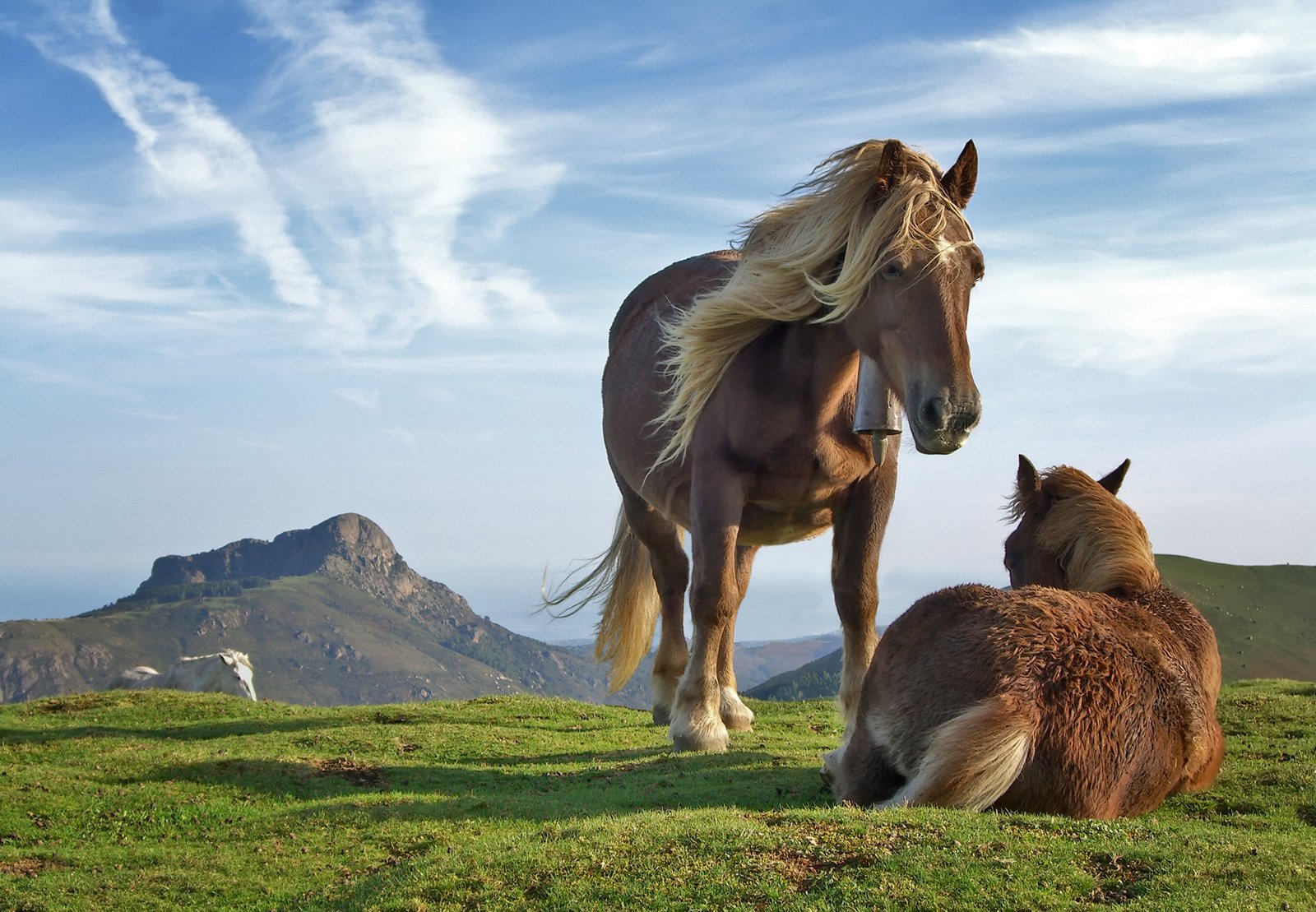
Horses are social creatures and benefit from interaction with other horses and humans. Isolation can lead to boredom and anxiety, whereas companionship fosters a sense of security. If possible, allow your horse to socialize with other horses in a safe setting. Consider how you feel when surrounded by friends versus being alone for extended periods. Socializing can be a powerful tool in keeping your horse calm and content.
Introducing Calming Supplements
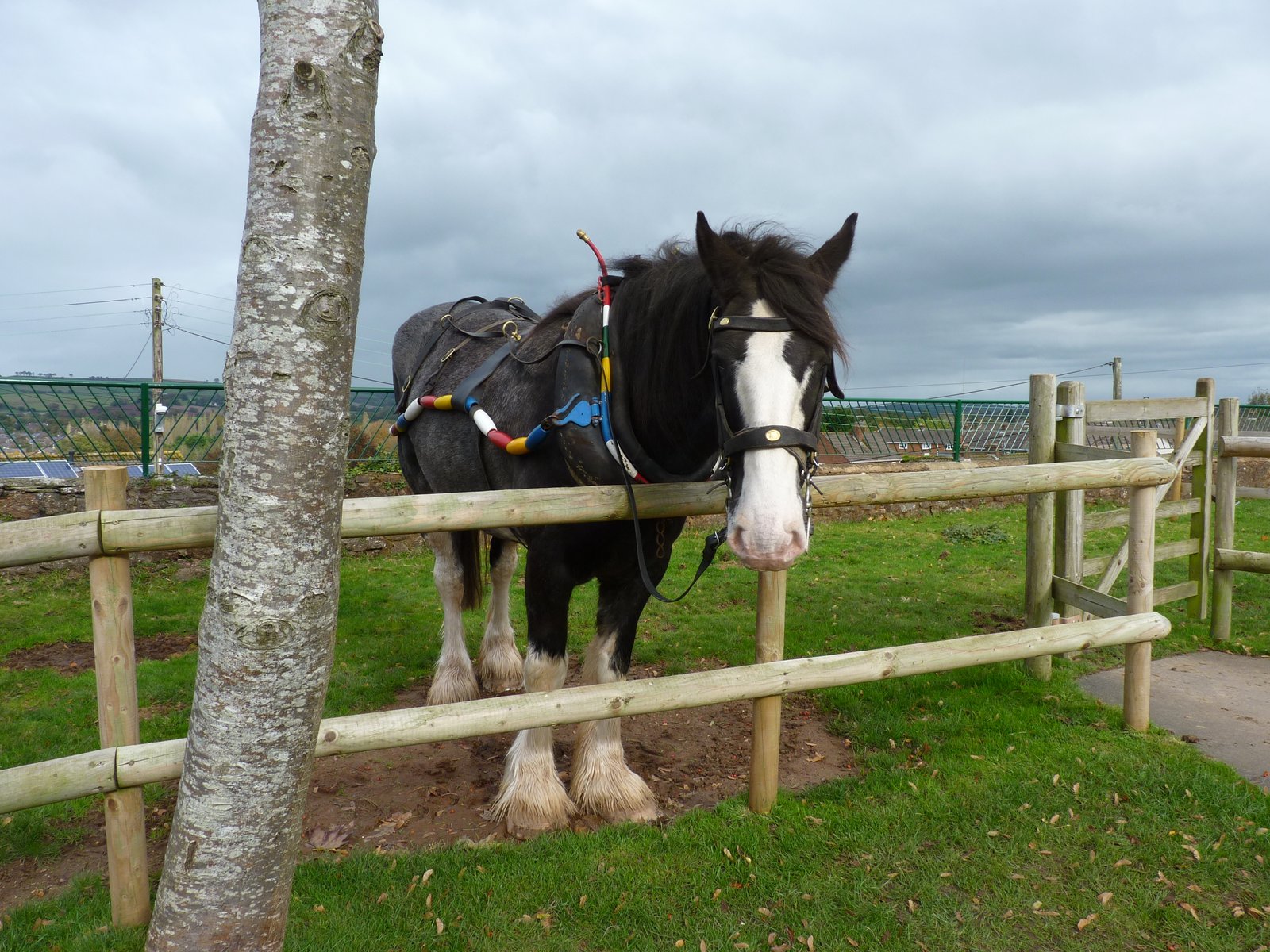
For some horses, natural calming supplements can be beneficial. Supplements such as magnesium, chamomile, or valerian root are known to promote relaxation. However, it’s essential to consult with a veterinarian before introducing any new supplement to ensure it’s suitable for your horse’s needs. Supplements should complement, not replace, other calming strategies. Think of them as an extra layer of support in your horse’s calming toolkit.
Practicing Groundwork and Desensitization
Groundwork involves exercises that help your horse become more responsive and less reactive. By working on the ground, you can teach your horse to focus on you and remain calm in various situations. Desensitization, on the other hand, involves gradually exposing your horse to new stimuli in a controlled manner. This process helps them become accustomed to different sights and sounds, reducing fear and stress. Imagine facing a fear step by step until it no longer seems daunting; that’s the goal of desensitization.
Ensuring Proper Nutrition
A horse’s diet can impact their behavior significantly. Ensure they receive a balanced diet that meets their nutritional needs. Deficiencies or excesses in certain nutrients can lead to behavioral changes, including anxiety. Consult with an equine nutritionist or veterinarian to tailor a diet plan that supports your horse’s health and temperament. Remember, just as a poor diet can affect a person’s mood, it can do the same for your horse.
Building Trust Through Patience and Understanding
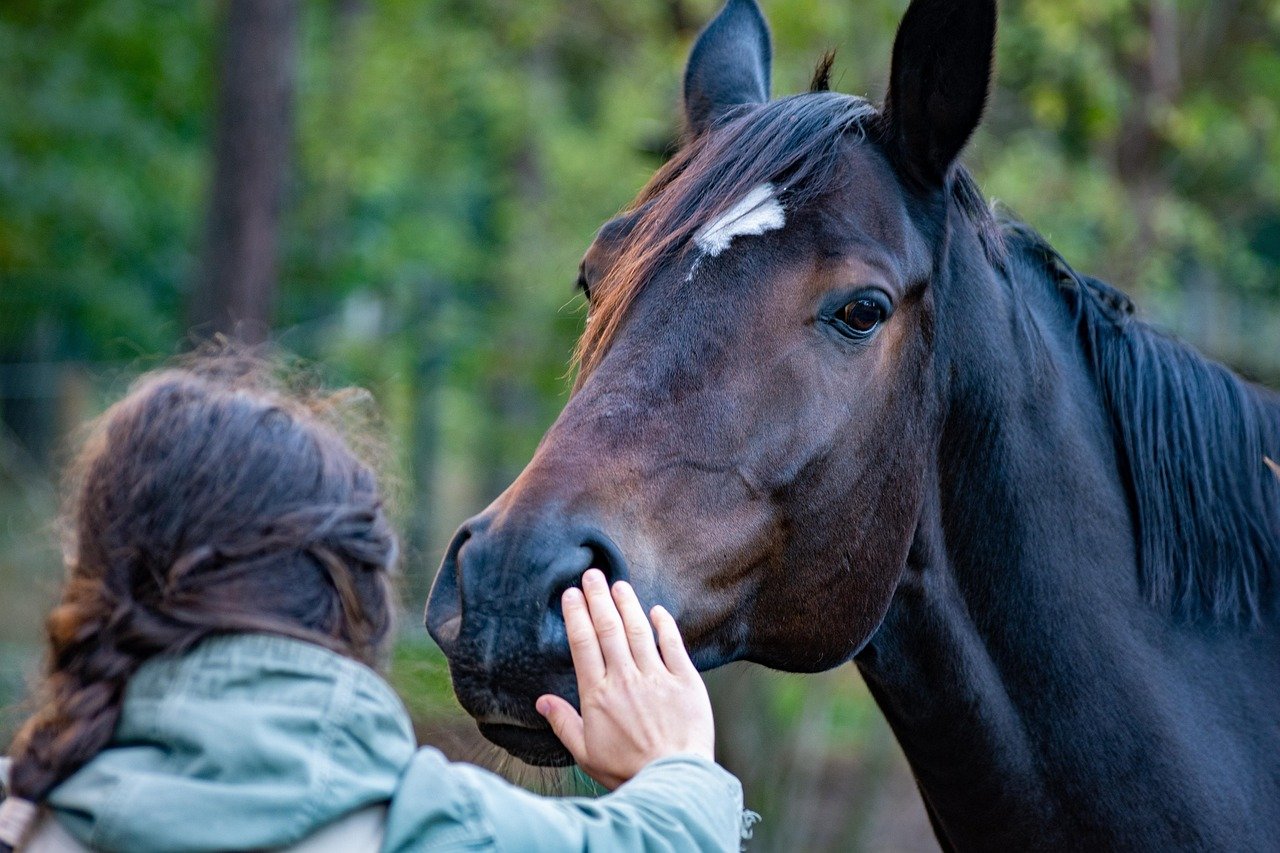
Above all, building a trusting relationship with your horse is crucial for their calmness. Patience, understanding, and consistent positive interactions lay the foundation for trust. Horses are incredibly intuitive and can sense your emotions and intentions. Approach them with kindness and empathy, and over time, you’ll find that trust grows naturally. Consider how trust in a human relationship fosters security and calmness; the same applies to the bond with your horse.
Creating a calm and relaxed environment for your horse involves a combination of understanding, routine, and care. By implementing these strategies, you not only enhance your horse’s quality of life but also strengthen the bond between you and your equine friend.

